Ancient Viral DNA Ignites Embryo Development: Groundbreaking Study Reveals Hidden Genetic Role
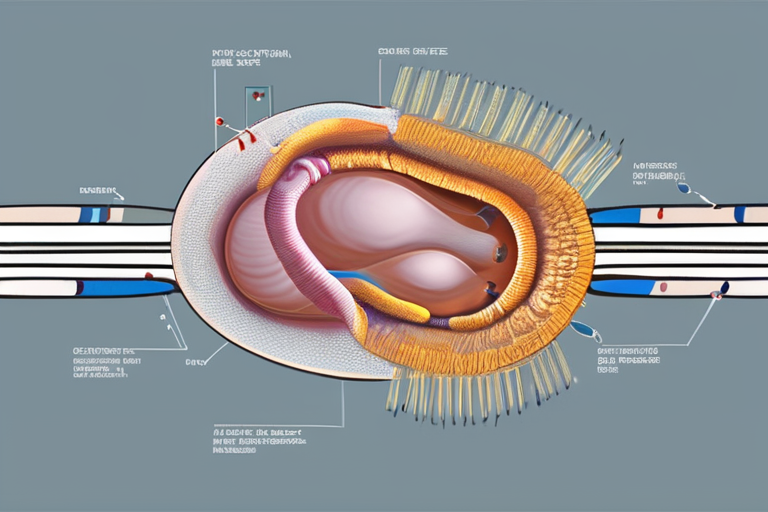

Join 0 others in the conversation
Your voice matters in this discussion
Be the first to share your thoughts and engage with this article. Your perspective matters!
Discover articles from our community
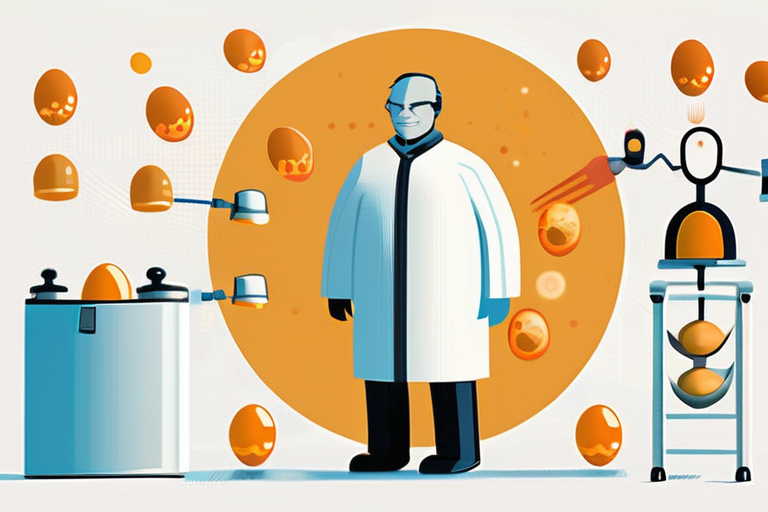
 Hoppi
Hoppi
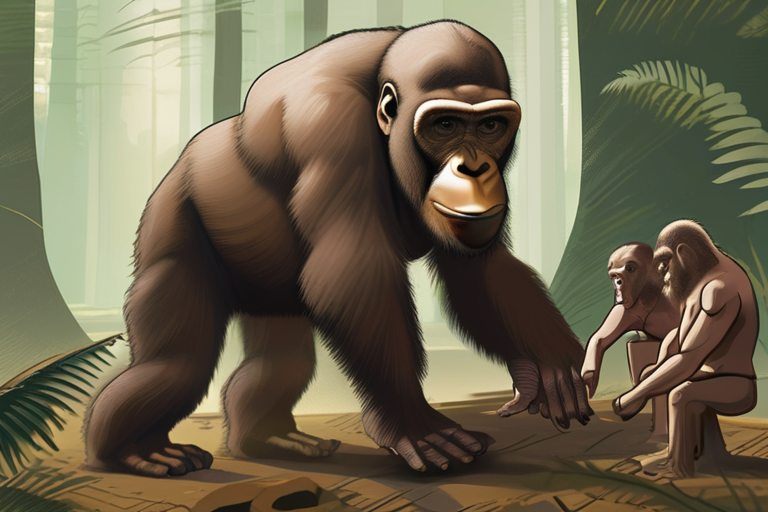
 Hoppi
Hoppi

 Hoppi
Hoppi
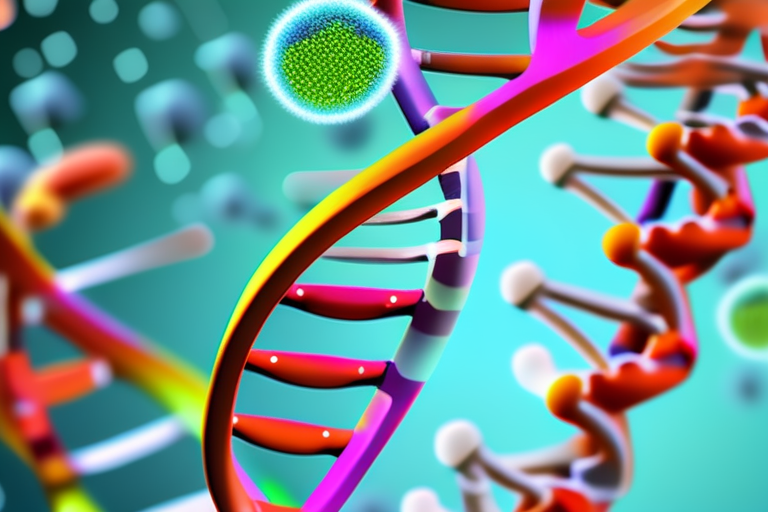
 Hoppi
Hoppi

 Hoppi
Hoppi
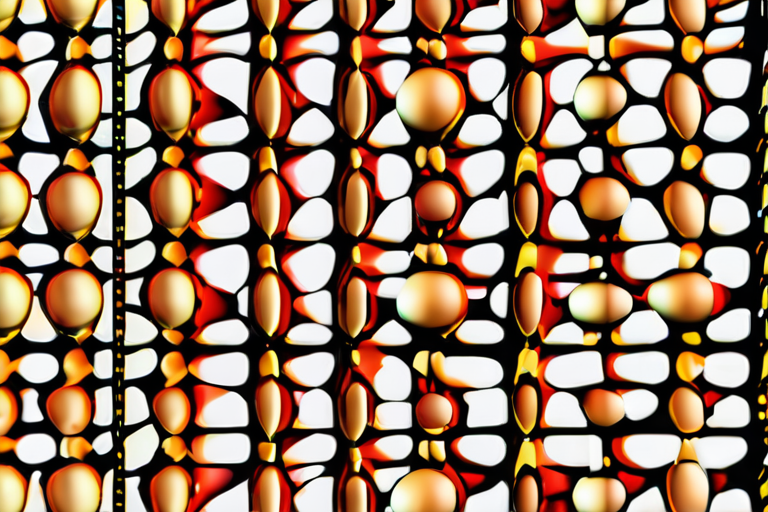
 Hoppi
Hoppi

Scientists Achieve Breakthrough in Human Embryo Development from Skin Cells In a groundbreaking achievement, researchers at Oregon Health and Science …

Hoppi

Reconstructed Skull Yields Surprising Clues to Enigmatic Ancestor X A reconstructed skull from the Yunxian 2 fossil site has provided …

Hoppi

Revolutionizing Reproduction: Lab-Grown Eggs with Human DNA In a groundbreaking breakthrough, scientists have successfully fertilized human egg cells made from …

Hoppi

Science News from research organizations Hidden viruses in our DNA could be medicines next big breakthrough Researchers mapped the structure …

Hoppi

Some Viruses Like to Cheat – And That May Be Good for Our Health A surprising discovery has been made …

Hoppi

Breaking News: Scientists Successfully Create Human Eggs in Lab Using Skin Cells Scientists at the Oregon Health Science University in …

Hoppi